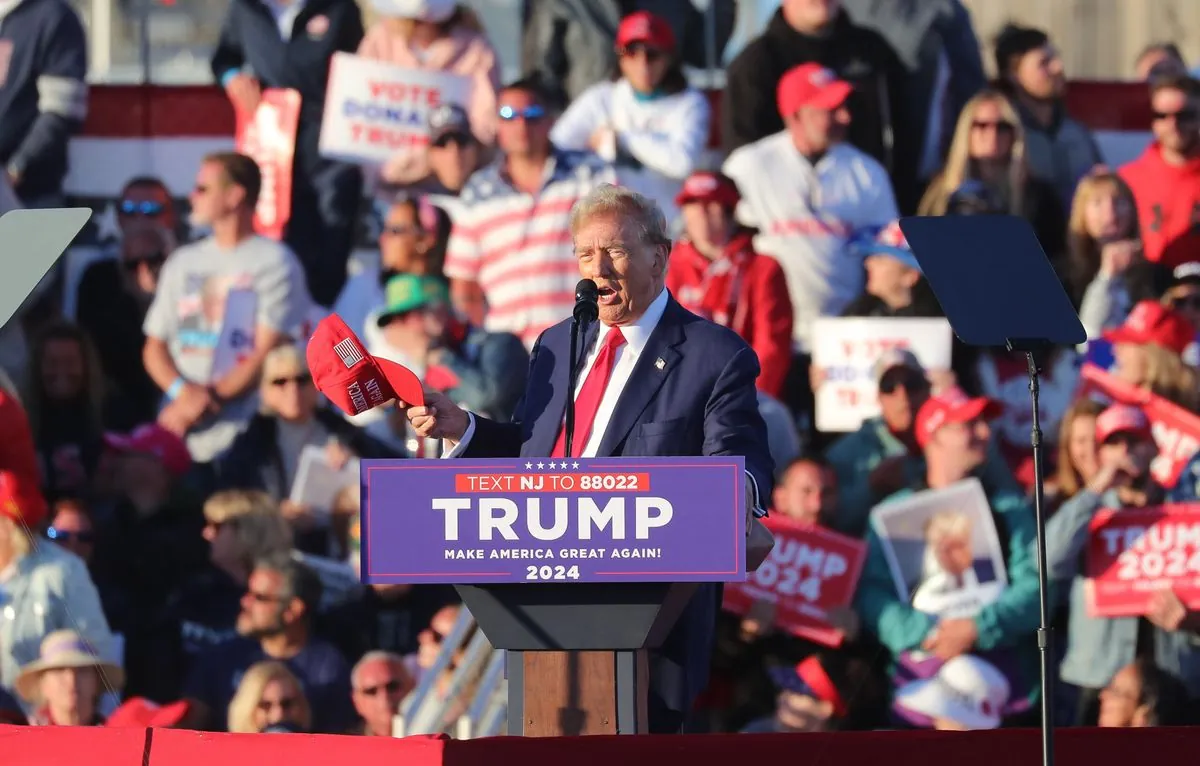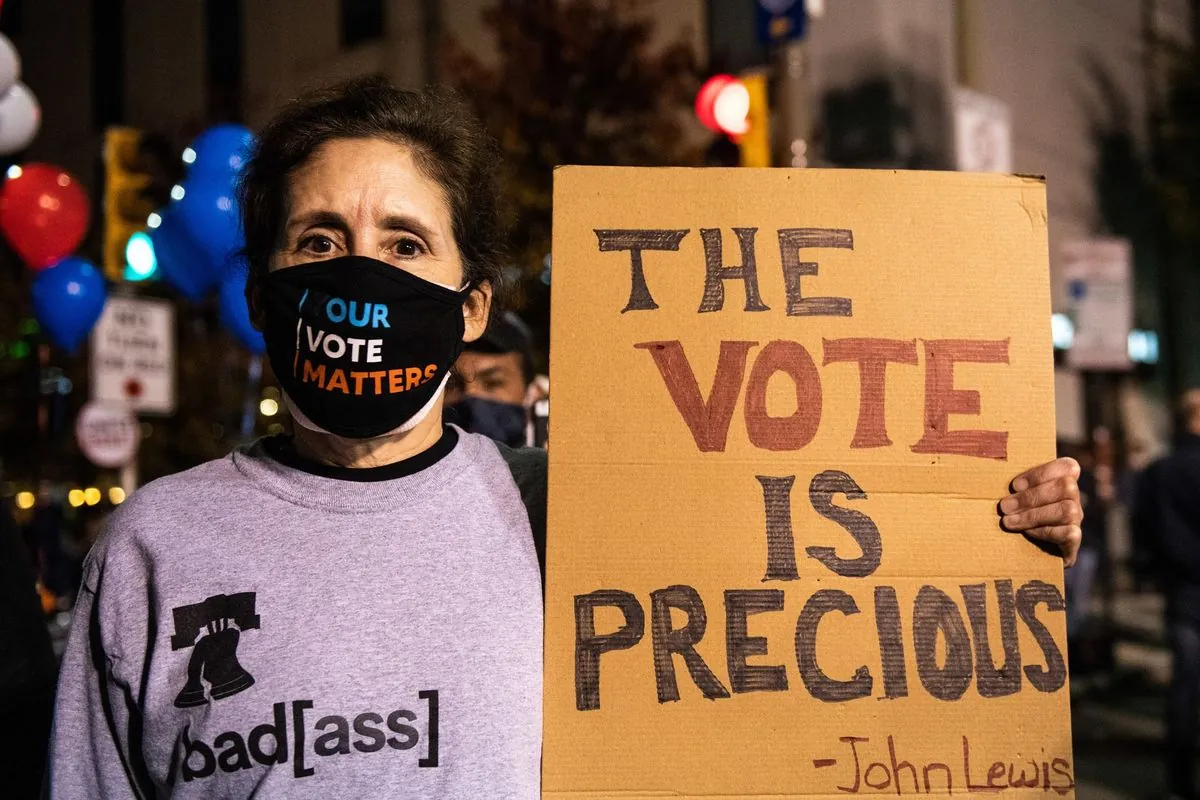Negative Campaigning: Ineffective Yet Persistent in US Politics
Despite research suggesting its ineffectiveness, negative campaigning persists in US politics. Experts warn of potential links to democratic backsliding and polarization, raising concerns about long-term impacts on institutions.

In recent years, the American political landscape has witnessed an escalation in negative campaigning, particularly evident in the strategies employed by Donald Trump and his allies. This trend persists despite research indicating that such tactics may be counterproductive.
A 2009 study revealed that negative campaigning generally fails to boost candidate support, while a 2016 analysis suggested it might even diminish backing for the sponsoring candidate. Despite these findings, the Trump campaign continues to employ an overwhelmingly negative approach, as evidenced by the Wesleyan Media Project's assessment of presidential race advertising since April 2024.

The persistence of negative campaigning raises questions about its purpose and effectiveness. Professor Thomas Zeitzoff of American University offers several explanations:
- Shifting the narrative away from unfavorable topics
- Rallying the base around perceived threats
- Reinforcing the campaign's narrative of national turmoil
Zeitzoff notes that particularly contentious elections may suppress voter turnout, potentially benefiting certain candidates. However, he emphasizes that this is likely not a primary motivation.
The use of negative rhetoric in politics has a long history in the United States. The Civil War era saw a significant spike in such behavior, comparable to the levels observed during the Trump era. This historical context underscores the cyclical nature of political discourse in the country.
"Negative rhetoric, or nasty politics as I call it, is both a symptom of, and cause of democratic backsliding."
This observation highlights the potential long-term consequences of persistent negative campaigning. Democratic backsliding, the erosion of free and fair elections, has been observed globally and within the United States. Zeitzoff's research across multiple countries suggests that an increase in "nasty politics" often indicates heightened polarization among political elites.
The impact of negative campaigning extends beyond immediate electoral outcomes. It can exacerbate fears and tensions between political factions, potentially undermining the fundamental principles of democracy. As Zeitzoff explains, "Fundamentally, democracy is about parties being willing to lose elections. If the other side is seen as so threatening that you can't let them take power, then we cease to be a democracy."
While Donald Trump's campaigns have consistently employed negative tactics, his electoral performance suggests a potential ceiling to this approach. In his two previous presidential bids, Trump secured approximately 47% of the vote, receiving millions fewer votes than his opponents.
As the political landscape continues to evolve, the persistence of negative campaigning despite its apparent ineffectiveness raises important questions about the future of democratic discourse and institutions in the United States. The challenge lies in balancing robust political debate with the preservation of democratic norms and values.


































